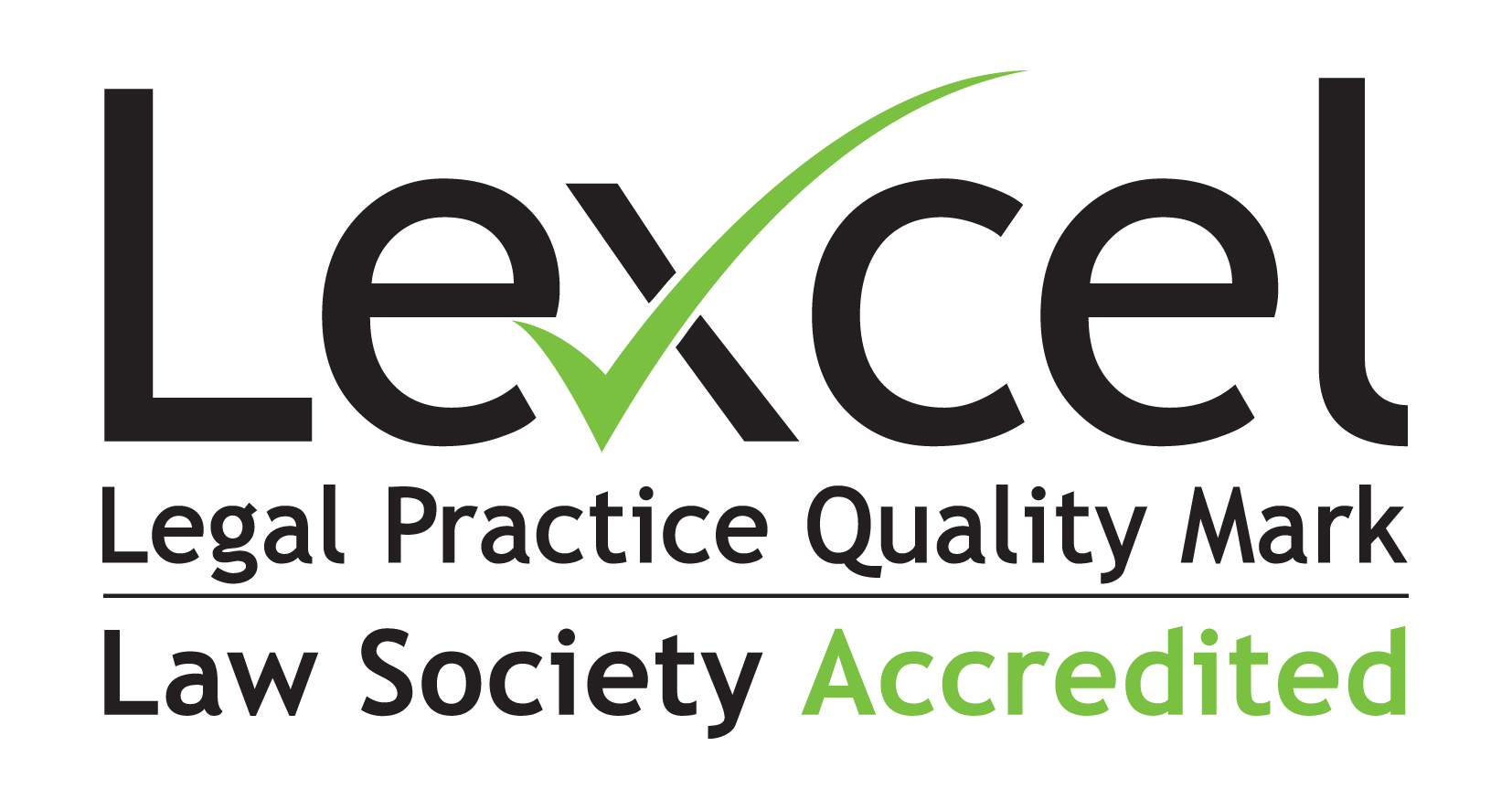Since April 2013 there have been fundamental changes to Family Law and, more particularly, the way in which clients need to fund family matters.
The Legal Aid, Sentencing and Punishment of Offenders Act 2012 removed Legal Aid from the majority of private family matters. In order to qualify for Legal Aid since April 2013, clients must have suffered domestic violence, have a child who has suffered abuse or be an “exceptional case”.
Unfortunately for most clients evidence of domestic violence seems to be hard to find. The Legal Aid Agency requires certain evidence of domestic violence such as Police evidence, medical evidence or referrals from domestic violence refuges. Clearly, due to its nature, this evidence is often difficult to come by and, therefore, many clients simply cannot qualify for Legal Aid. The result is that many clients are left without assistance.
If this were not enough, the cases which fall under the “exceptional” category are even fewer. In fact, nationally, only 14 of 1012 made last year were accepted by the Legal Aid Agency.
Despite this, Hartley and Worstenholme continue to make successful Legal Aid applications. Additionally, our staff are dedicated to finding a way of providing advice to those who cannot afford to fund it. Each Wednesday at Pontefract and Tuesday at Castleford we offer free legal advice from 4.30pm to 6.00pm for family matters. In addition, Castleford also offers litigation advice.
Hartley and Worstenholme welcome those who may require our help when many firms are turning their backs on those who need it most. We can provide either cost effective solutions or detailed information as to the evidence needed to apply for Legal Help and can assist victims of domestic violence when protective orders (such as injunctions) are needed.
Please contact the Family Department for more information.







